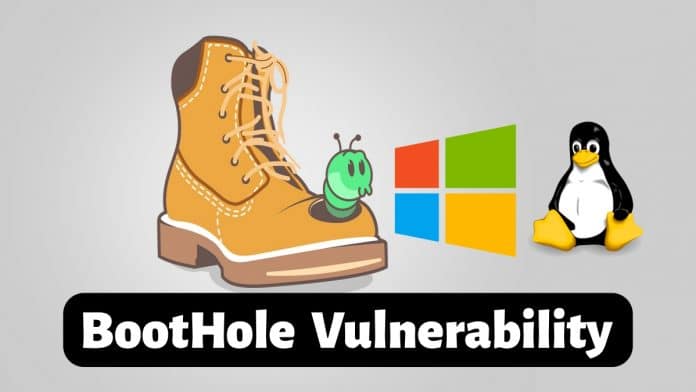Also, the vulnerability affects systems using Secure Boot, even if they are not using GRUB2.
This vulnerability enables arbitrary code execution within GRUB2 and thus control over the booting of the operating system.
In this way, attackers gain persistence on the equipment.

Eclypsium researchers noted that exploiting this jot down of vulnerability would require elevated privileges on the targeted gear.
This will likely be a long process and take considerable time for organizations to complete patching, Eclypsium noted.
The attack itself is not a remote exploit and it requires the attacker to have root privileges.

With that in mind, we do not see it being a popular vulnerability used in the wild.
However, this effort really exemplifies the spirit of community that makes open source software so secure.
However, it does create an exposure when untrusted users can access a machine, e.g.
bad actors in classified computing scenarios or computers in public spaces operating in unattended kiosk mode, Meissner noted.
source: www.techworm.net